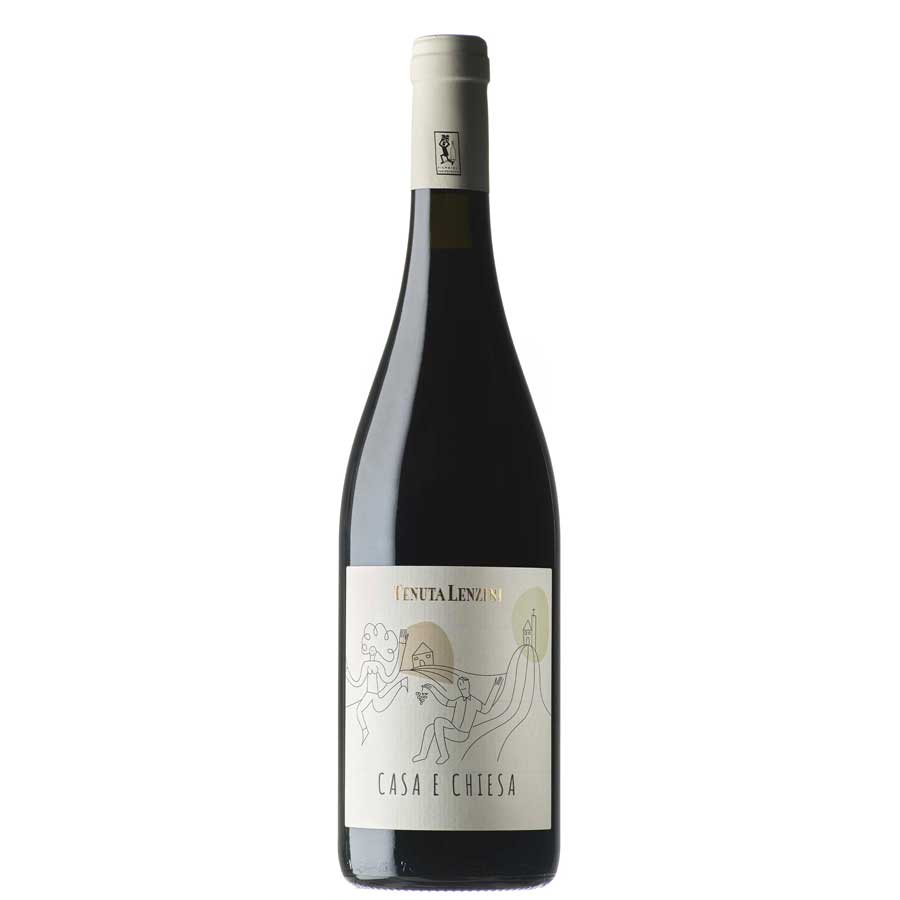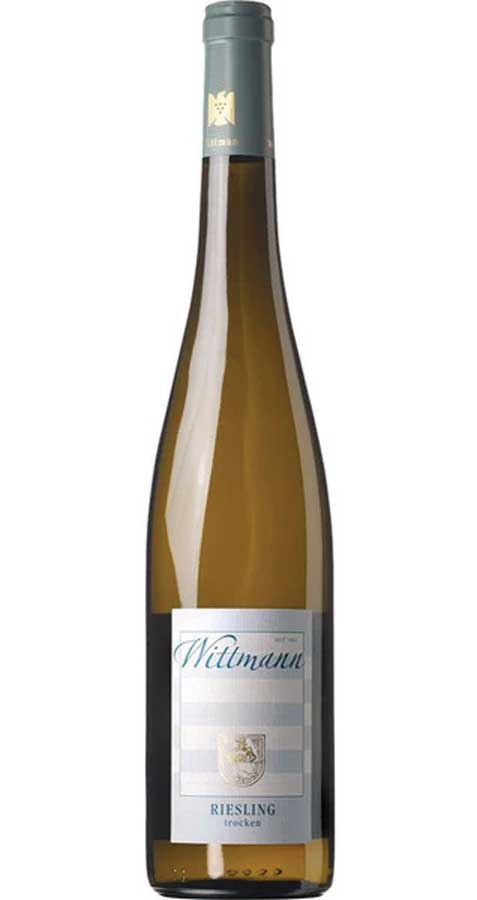Julie Dupouy digs the principles of biodynamic farming …
For many years now, I have been fascinated by the purity, the quality, character and the energy of biodynamic wines. The passion and ethics of the producers also deeply resonate with my own personal views on respectful and responsible agriculture. It is no great stretch of the imagination to believe that the healthiest vineyards produce the best wines but on the 100th anniversary of biodynamic farming’s moon-governed and mystical ways, lets have a closer look at what this is all about.
Biodynamic agriculture – from the Greek word bios, meaning “life” and dinamikòs meaning “movement”, is a holistic approach to agriculture which focuses on keeping the soils fertile and the entire ecosystem which lives off them, as healthy as possible. Thriving ecosystems help any plant, including vines, to fight off diseases and to ward off pests naturally, yielding consistently higher quality harvests.
The story of biodynamic farming started in 1924. Following increased mechanisation in farming methods and the growing systematic use of biochemicals in the early 1900s, farmers grew concerned about soil quality. Their cattle were breeding less, and their vegetables were not tasting as good as they previously did.
Dr Ruldolf Steiner, Austrian scientist and philosopher, sought to educate farmers. Steiner believed western civilisation would gradually bring destruction to itself and the earth if it did not begin to develop an objective understanding of the spiritual world and its relationship with the physical world.
One of the fundamental values in biodynamic farming is soil regeneration – ensuring its humus layer grows continuously. This humus preservation is not only positive for the overall health of the soil but also contributes to trapping large amounts of CO2 which helps counteract the greenhouse effect.
“The most beautiful thing we can experience is the mysterious.”
Whatever is taken from the vineyards through cultivation and harvesting must be given back to avoid depletion over time. This quest for balance is achieved using biodynamic preparations – herbal concoctions and composts. Various plants, such as yarrow, chamomile and stinging nettle, are considered medicinal herbs and are transformed using a unique fermentation process. They are added to fortify compost, which in turn, improves soil health and promotes stronger and more pestresistant plants. Biodynamic solutions are applied as liquid sprays to bring healing and vitality to the vineyards. Bio-chemical products are prohibited.
Domaine de Montirius, in Vacqueyras, in the Southern Rhône Valley, is run by the Saurel family. They became the first producers certified biodynamic in this part of France over 20 years ago. For the family, biodynamic farming is a way of life, and its practices allow them to produce wines from incredibly healthy grapes that have an undeniable energy and truly express their terroirs.
Christine Saurel describes the challenge of hail during the 2010 vintage, when grape bunches throughout the region were heavily damaged. “Straight after the storm we sprayed our vines with a preparation based on magnesium to support the healing of the vines. The following day, the vine shoots were back looking skyward and most of the grapes had healed. It took ten days for our neighbour’s vines to show signs of recovery and all the damaged grapes fell to the ground.”
Global warming contributing to increasing alcohol levels in wine is an ongoing challenge for producers. Christine also mentions the fact that before having their vines tended biodynamically, they could easily reach 16 per cent ABV. However, since the conversion, the wines never reach more than 14.5 per cent ABV even in very hot vintages such as 2022 and 2023. The healthier vines regulate themselves better under heat stress.
Further south, in the region of Jumilla in Spain, Carlos Cerdàn and his two siblings run Bodega Cerrón. “We believe that the wooded landscapes surrounding our vineyards transmit energy that is reflected in our wines, allowing us to carry out the winemaking process without the need for chemicals. This approach translates into spontaneous fermented wines that can be aged without the addition of sulfites.”
From Lucca, in Northern Tuscany, a much rainier part of Europe with more botrytis (rot) pressure, Michele from Tenuta Lenzini confessed to me that even though biodynamic farming was an obvious choice for him from the beginning, it did cause worry along the way. “Adapting practices will scare you at first. But then your soil, your plants and therefore your wine will change permanently. They will start to be themselves because you have connected them with the terroir.” There is a lot which cannot be measured when it comes to biodynamic farming and when living in a very Cartesian world it can be hard to convince people of its legitimacy.
Much like a wonderfully charismatic person entering our lives, these wines leave a lasting impression. Call it magic, witchery, whatever – as Albert Einstein said: “The most beautiful thing we can experience is the mysterious”. @julie_dupouy
BIO BOTTLES

Vacqueyras, Domaine de Montirius, Le Village, France, €29; www.greenmanwines.ie.

Jumilla, Remordimiento, Bodega Cerron, Spain, €19; www.64wine.ie.

Colline Lucchesi DOC “Casa e Chiesa”, Tenua Lenzini, Italy, €27; www.rednosewine.com.

Riesling, Weingut Wittmann, Rheinhessen, Germany, €23; www.onthegrapevine.ie.

Malbec/Petit Verdot, Mangan Vineyard Red Moon, Cullen, Margaret River, Australia, €37.95; www.thecorkscrew.ie.

Am Berg Gruner Veltliner, Bernhard Ott, Austria, €24; www.64wine.ie.






